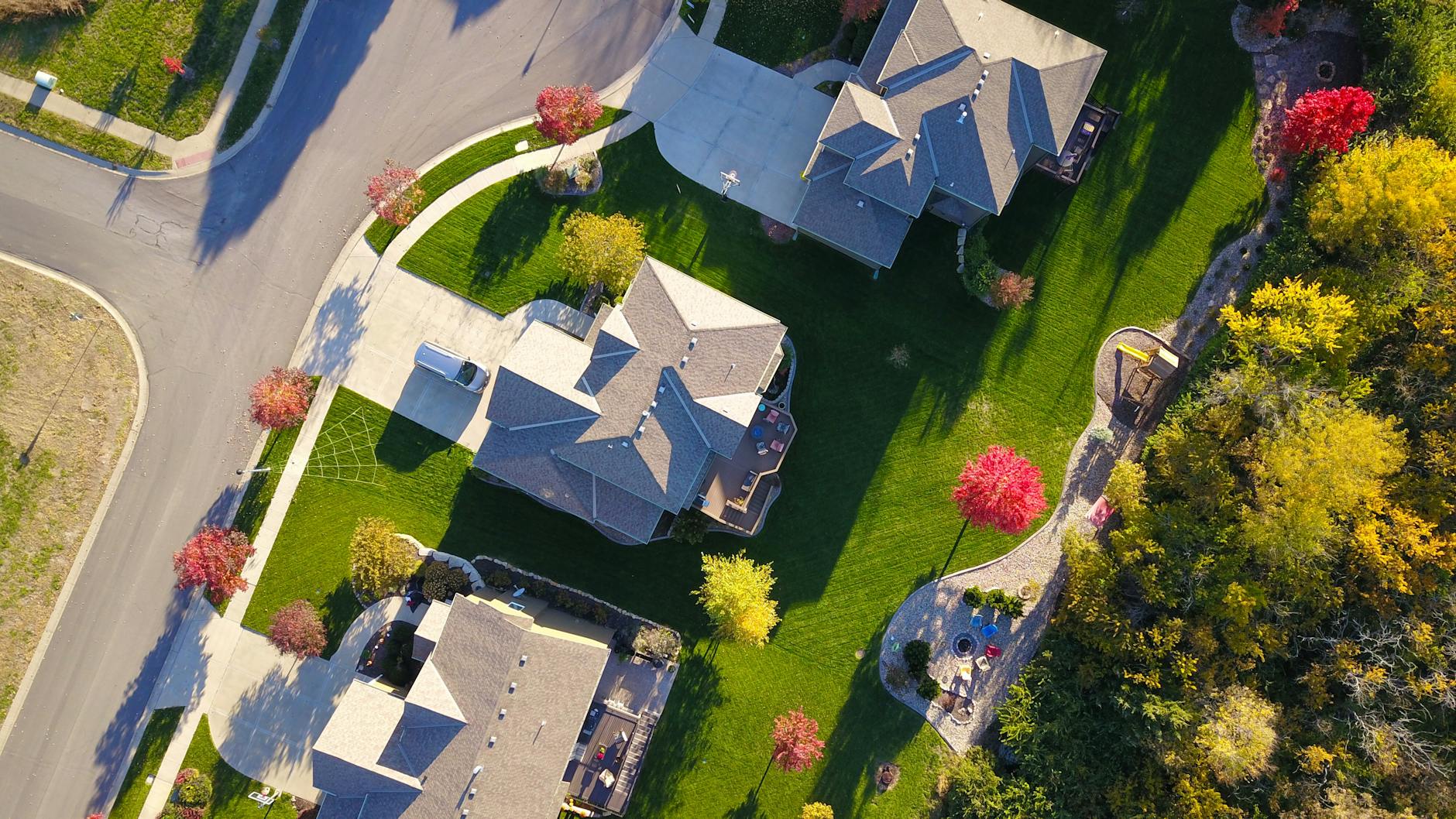What is reward pathways?

What is reward pathways?
Have you ever wondered what drives you to seek out pleasure or success? The answer lies within the intricate networks of the brain known as reward pathways. These pathways are pivotal in influencing our behaviors, motivations, and overall emotional responses. By understanding how these pathways function, we can unlock the secrets to enhancing our productivity, personal development, and life satisfaction.
Understanding Reward Pathways
Reward pathways are specialized circuits within the brain that signal pleasure and motivation. They activate when we engage in activities that fulfill our needs or desires, reinforcing behaviors that lead to those positive feelings.
Definition of Reward Pathways
At its core, a reward pathway refers to a group of brain structures that are activated during rewarding experiences. This includes behaviors like eating delicious food, achieving a personal goal, or receiving praise. When these pathways are stimulated, they release neurotransmitters that signal satisfaction and pleasure, encouraging us to repeat the behavior in the future.
Components of Reward Pathways
The two primary components of the reward pathways are the nucleus accumbens and the ventral tegmental area (VTA). The VTA, located in the midbrain, produces dopamine, often dubbed the “feel-good” neurotransmitter. The nucleus accumbens, situated in the forebrain, receives dopamine signals and is crucial for processing rewards. For an in-depth look at how these areas interact, you can explore the brain’s reward system.

Photo by David McBee
The Science Behind Reward Pathways
To appreciate how reward pathways impact our decisions, it’s essential to delve into the science behind them. These pathways are not just about pleasure; they also play a role in learning and memory.
Neurotransmitters Involved in Reward Pathways
Dopamine is the star player in reward pathways. When you engage in a rewarding activity, dopamine is released, creating sensations of pleasure and satisfaction. This release not only enhances our mood but also reinforces the behavior, making us more likely to repeat it in the future. For a deeper understanding of this, check out the detailed exploration of neurotransmitters and reward pathways.
Impact of Reward Pathways on Behavior
Reward pathways significantly influence our decision-making and motivation. They shape our preferences and guide us towards behaviors that yield the most significant rewards. For instance, when you know that studying will lead to good grades, the anticipation of that reward motivates you to hit the books. This connection between reward and behavior drives many aspects of our daily lives. Learn more about this influence on behavior.
Practical Implications of Reward Pathways
Understanding reward pathways can have profound implications for personal development and productivity. By harnessing the power of these pathways, you can enhance your efficiency and improve your overall well-being.
Using Reward Pathways to Enhance Productivity
To leverage reward pathways for better productivity, consider setting small, achievable goals. Reward yourself after completing tasks. This could be as simple as taking a break, enjoying a snack, or indulging in a favorite activity. By creating positive associations with productivity, you can keep motivation high.
For example, after a productive study session, treat yourself to your favorite show or a walk outside. These rewards activate the reward pathways, making you more inclined to repeat the productive behavior in the future.
Balancing Reward Pathways for Well-Being
While it’s essential to harness reward pathways for motivation, balance is key. Overstimulation of these pathways can lead to negative outcomes, such as addiction or burnout. It’s crucial to find a healthy equilibrium between pursuing rewards and maintaining overall well-being.
Engaging in mindfulness practices and self-reflection can help manage your reward-seeking behaviors. By understanding what truly brings you joy and satisfaction, you can cultivate a more fulfilling and balanced life.
Conclusion
In summary, reward pathways are vital components of our brain that drive motivation and influence our behaviors. By understanding these pathways, we can take charge of our productivity and personal development. Whether it’s through setting goals, rewarding ourselves, or maintaining balance, the insights gained from studying reward pathways can lead to a more satisfying life.
As you explore the dynamics of reward pathways, consider how you can apply these concepts to enhance your everyday experiences. Engage with your motivations, set your goals, and create a rewarding environment that fosters growth and fulfillment.